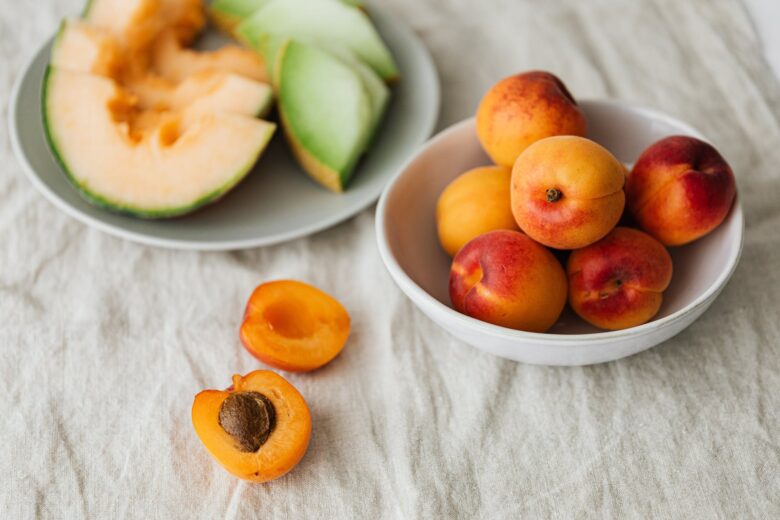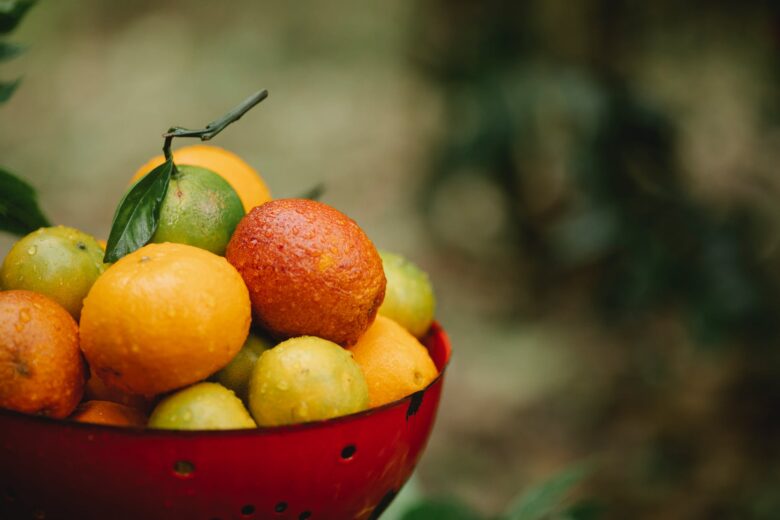8 Easy Ways for Your Baby to Eat Organic on a Budget

More and more people are making the shift to organic food for a variety of health reasons. It becomes easy to understand why parents would want the same change for their children as soon as possible. The moment a child switches to solid foods, they come into the category where they will be consuming a lot of store-bought food items.
Finding the right vendor and type of food becomes essential for the growth of your child. But one of the many concerns of organic food is that it is significantly expensive as compared to the regular options at stores. If you want to switch to organic foods without making too much of a change in your budget, we have found some solutions for you. Here is what you can do:
1. Be Strategic

If you are on a flexible budget, you can afford to make certain changes as per the availability of organic food items. However, if you have a strict budget, you will have to be more open to making a strategic shopping strategy.
Organic foods are a great alternative to contaminated food items that are bought and sold at stores. If you do not have a budget to do your entire shopping with organic items, make a list of the most contaminated foods.
Prioritize buying them first and then going for other things in case you have some amount of your budget left.
For more details on affordable organic baby formulas check the MyOrganicCompany store.
You can even alternate between different types of foods as per your budget.
2. Bulk Shopping
It is common knowledge that buying in bulk or wholesale rates will be a better choice than buying at store rates.
With the exception of fresh fruits and vegetables, you can buy a lot of food items in bulk. Even organic foods will be comparatively less expensive if you buy wholesale. Dried food items can be easily stored without much risk of going bad, so your money will not be wasted.
3. Choose Seasonal

Seasonal fruits and vegetables will be comparatively less expensive to buy even if you are going organic.
Seasonal fruits are dependent on availability and are more likely to be sold at reasonable rates. You will find that there is a major difference in the prices of seasonal food items as compared to items available out of season.
From a health perspective, seasonal vegetables and fruits are also better in terms of their nutritional value.
4. Prioritize Dairy and Meats
There is a high risk of contamination in dairy products as well as non-vegetarian items. If you want to include dairy products like milk and cheese and non-vegetarian products like meat and chicken in your baby’s diet, do not hesitate to go organic. These will probably be on the expensive side but are worth the investment. Since we are talking about going organic on a budget, you can choose to make it a weekly occurrence when it comes to feeding non-vegetarian food.
5. Freeze Some Food

If you have bought organic food and some of it is leftover, you can freeze it for some hours. Freezing does not impact the nutritional value you will get from organic food and will help you make the most of your money without letting any food go to waste. Freezing is a habit that will allow your entire family to make the switch to organic food if done intelligently. Do not freeze all of the food and try to consume it fresh as much as possible.
Also, try to consume the food frozen on priority rather than forgetting about it.
6. Choose Canned Items
Contrary to popular belief, there is no reason you can not feed items to your child if they are classified as organic.
The main issue among parents with candle packaged food items is that they have a lot of added preservatives.
With organic baby food, the only necessary preservative should be vitamin c. You can look at the nutritional information to understand whether a particular packaged good is meeting your requirements. Make sure you also try online platforms like Organic’s Best for more variety of products and good quality organic food items.
7. Try Different Outlets

You should not hesitate to try different vendors and outlets when you are looking for organic food items. Here, the area of concern is the budget. You will find that the prices of organic foods vary from location to location.
Begin your research into organic food items online to get a vague idea of how much it is supposed to cost as compared to the MRP.
You can try different local vendors or stores in your area and find the right price as per your budget. Do not be afraid to ask questions in relation to the price, especially while buying fresh fruits and vegetables. Correlate the price of the food items with its quoted price to understand whether or not the estimated valuation is correct.
8. Coupons and Offers
Different brands, stores and sellers offer promotional deals and coupons from time to time. You can even find coupon codes online and apply them for your online shopping. Promotional offers are seasonal and depend on the type of store you are buying from. You are more likely to get significant discounts online as compared to offline stores. If you are a regular customer of a particular store, you can even ask for a discount based on your buying habits.
The Takeaway
Getting your child to eat solid foods is a responsibility and needs to be dealt with care. You do not have any shortage of options while you are switching from formula to solid foods. But since your focus is on organic food instead of the regular store-bought alternatives, be more organized with the process by visiting The Milky Box. Make a list of seasonal fruits and vegetables, their nutritional value. Also, make a list of foods that are more likely to be contaminated and substitute them. Prioritize some purchases in place of others and make healthier decisions for your baby.



